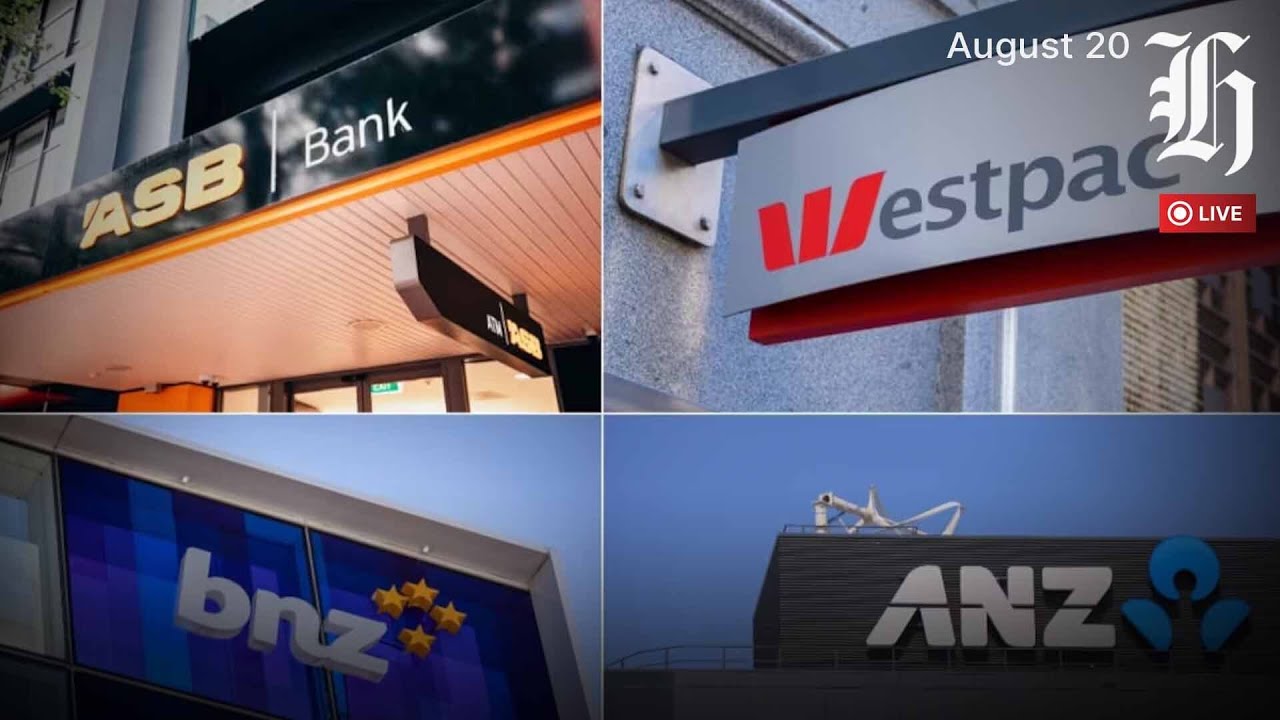Why are Canadian phone plans so expensive? (Marketplace)
Summary
TLDRIn this investigative report, David explores the high costs of cell phone services in Canada, dominated by the 'Big Three' providers: Telus, Bell, and Rogers. Through a series of tests, David and his team negotiate with these companies to uncover the potential savings available to customers. They also compare Canadian rates with international markets, revealing significant discrepancies. The report highlights the lack of competition and the need for regulatory intervention to lower prices. It features real-life negotiations, expert advice from a professional cell phone plan negotiator, and insights from telecom entrepreneurs, emphasizing the urgent need for change in the Canadian wireless market.
Takeaways
- 📱 Canadians pay some of the highest cell service prices in the world, with the 'Big Three' telecom companies earning billions annually.
- 🌪️ The lack of competition and few players in the market lead to higher prices and poor service, as evidenced by the Rogers outage.
- 🤝 Mohammed Halabi, a professional cell phone plan negotiator, suggests that customers can often get better deals by negotiating or switching providers.
- 🏢 The Big Three telecom companies are accused of creating 'fake' competition through subsidiaries to maintain their oligopoly.
- 💸 Customers can potentially save hundreds of dollars a year by shopping around and negotiating better deals with their providers.
- 🌐 International comparison shows that Canadians pay significantly more for mobile data compared to users in other countries like France, Ireland, and Australia.
- 📊 Data from Rewheel indicates that the average cost of mobile data in Canada is much higher than the global average.
- 🏛️ Government intervention, such as mandating network sharing, has been successful in reducing prices and increasing competition in other countries.
- 🇨🇦 Canadian regulators like the CRTC have been criticized for favoring big telecom, leading to limited competition and high prices.
- 🔄 The script highlights the need for stronger consumer protection and political will to address the issue of high cell service prices in Canada.
Q & A
What is the main issue discussed in the transcript?
-The main issue discussed in the transcript is the high cost of cell phone services in Canada, particularly when compared to other countries, and the lack of competition among the 'Big Three' telecom companies.
Who are the 'Big Three' telecom companies in Canada mentioned in the script?
-The 'Big Three' telecom companies in Canada mentioned in the script are Telus, Bell, and Rogers.
What is the role of Mohammed Halabi in the script?
-Mohammed Halabi is a professional cell phone plan negotiator who is helping the participants negotiate better deals with their telecom providers.
Why are cell phone bills so high in Canada according to the script?
-The script suggests that high cell phone bills in Canada are due to a lack of competition among the major telecom providers, leading to overcharging and a lack of incentive to lower prices.
What is the significance of the Rogers outage mentioned in the script?
-The Rogers outage is significant as it highlights the lack of redundancy and competition in the Canadian telecom market, leaving a large portion of the country without service when a single provider experiences an outage.
What is the role of Anthony Lacavera in the script?
-Anthony Lacavera is an entrepreneur who founded Wind Mobile, an alternative telecom provider that aimed to offer Canadians lower-cost cell service and more competition in the market.
What does the script suggest as a solution to the high cell phone service costs in Canada?
-The script suggests that better regulation, enforcement of rules such as tower sharing, and government intervention to promote competition could help reduce cell phone service costs in Canada.
How do the participants in the script attempt to get better deals from their telecom providers?
-The participants attempt to get better deals by shopping around, using information from competitors to negotiate, and in some cases, threatening to switch providers if better deals are not offered.
What is the outcome of the negotiations for the participants in the script?
-The outcomes vary, with some participants successfully negotiating significant discounts, while others face resistance from their providers and are unable to secure better deals.
What does the script reveal about the customer service experience for existing versus potential customers?
-The script reveals that potential customers often receive faster and more attentive service, while existing customers may face longer wait times and less willingness from providers to offer deals.
What international comparisons are made in the script regarding cell phone service costs?
-The script compares Canadian cell phone service costs to those in France, Ireland, and Australia, showing that costs are significantly higher in Canada for similar data usage.
Outlines

Esta sección está disponible solo para usuarios con suscripción. Por favor, mejora tu plan para acceder a esta parte.
Mejorar ahoraMindmap

Esta sección está disponible solo para usuarios con suscripción. Por favor, mejora tu plan para acceder a esta parte.
Mejorar ahoraKeywords

Esta sección está disponible solo para usuarios con suscripción. Por favor, mejora tu plan para acceder a esta parte.
Mejorar ahoraHighlights

Esta sección está disponible solo para usuarios con suscripción. Por favor, mejora tu plan para acceder a esta parte.
Mejorar ahoraTranscripts

Esta sección está disponible solo para usuarios con suscripción. Por favor, mejora tu plan para acceder a esta parte.
Mejorar ahoraVer Más Videos Relacionados

How to Win-Win in Local Logistics

Ministers respond to banking competition report

Ilang gulay at karneng baboy, nananatiling mahal sa Marikina Public Market; manok,... | Unang Balita

The Treaty of Versailles, What Did the Big Three Want? 1/2

Ontario schools introduce toughest cell phone restrictions in Canada

Stem Cell Fraud: A 60 Minutes investigation
5.0 / 5 (0 votes)
